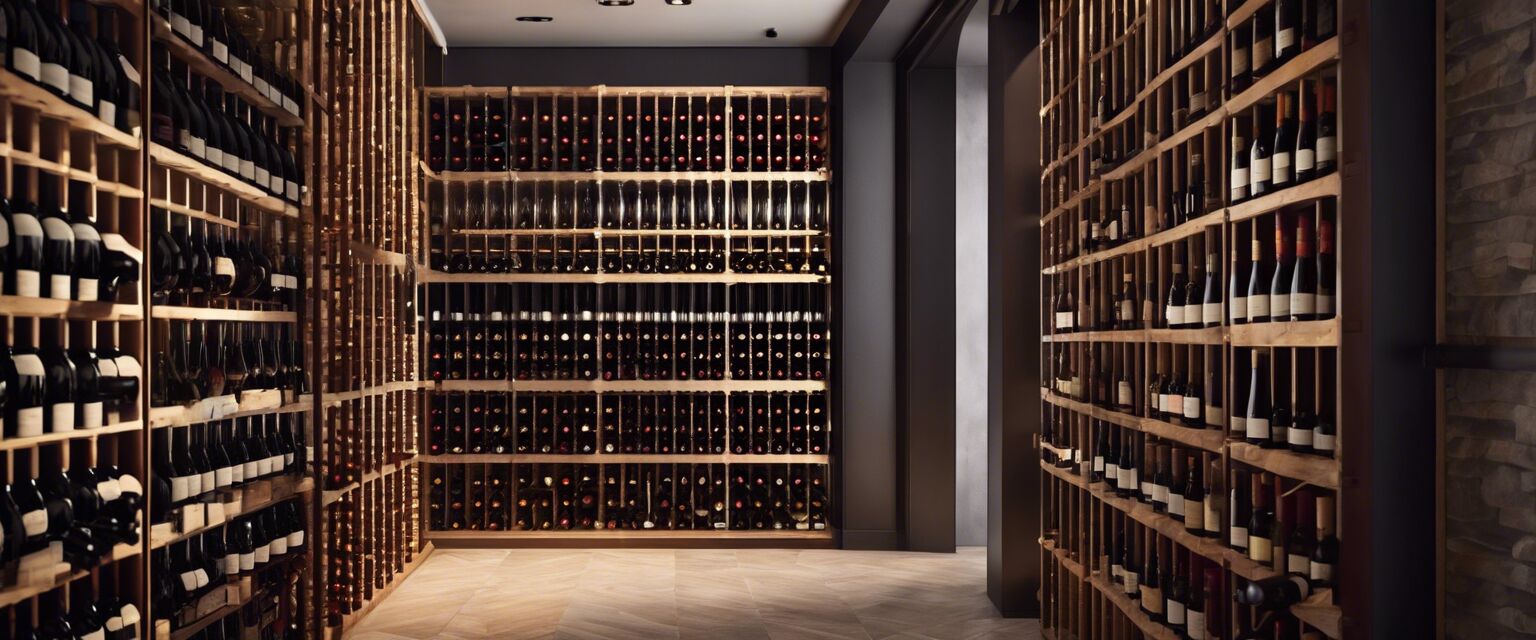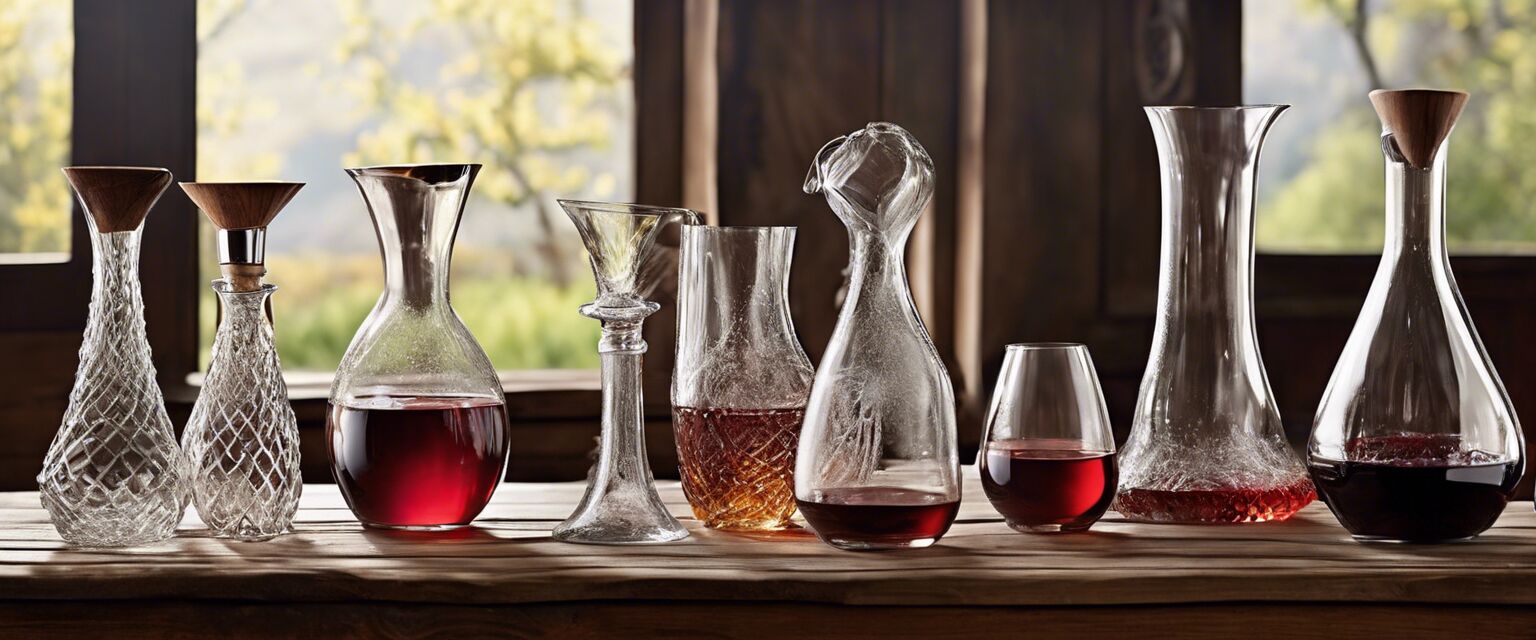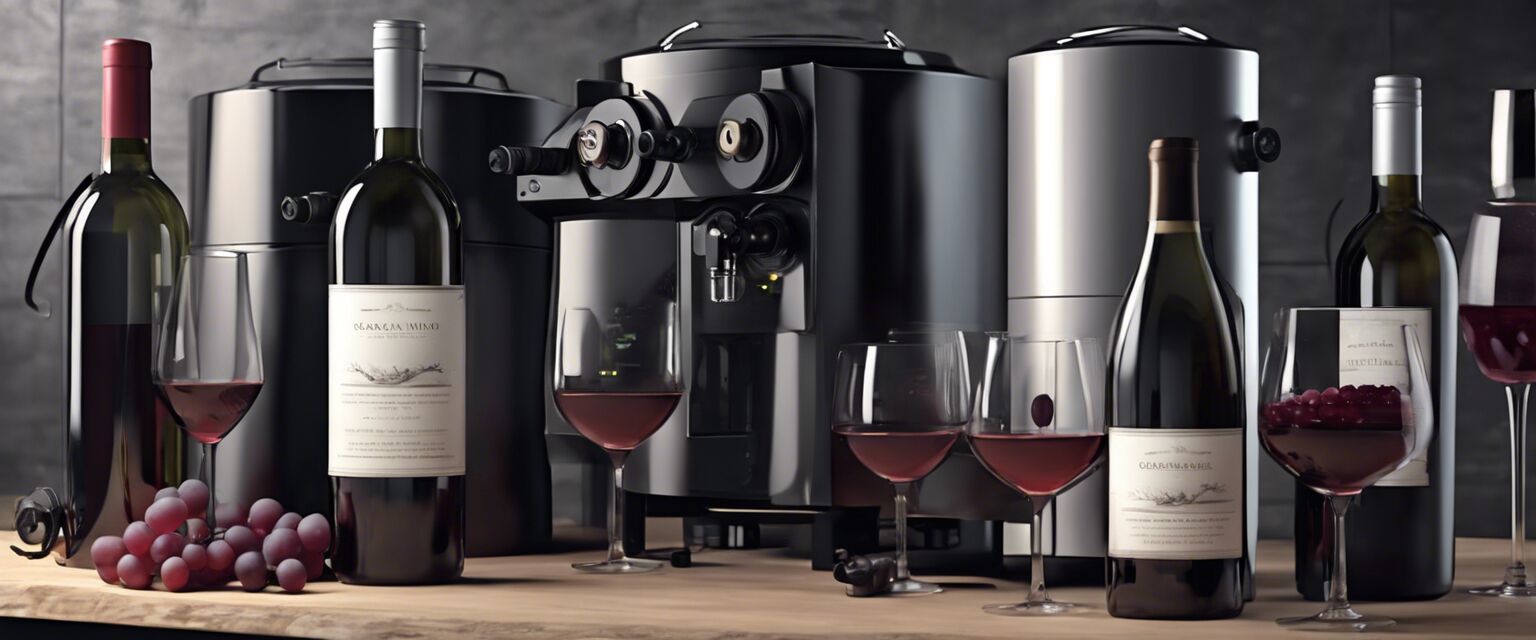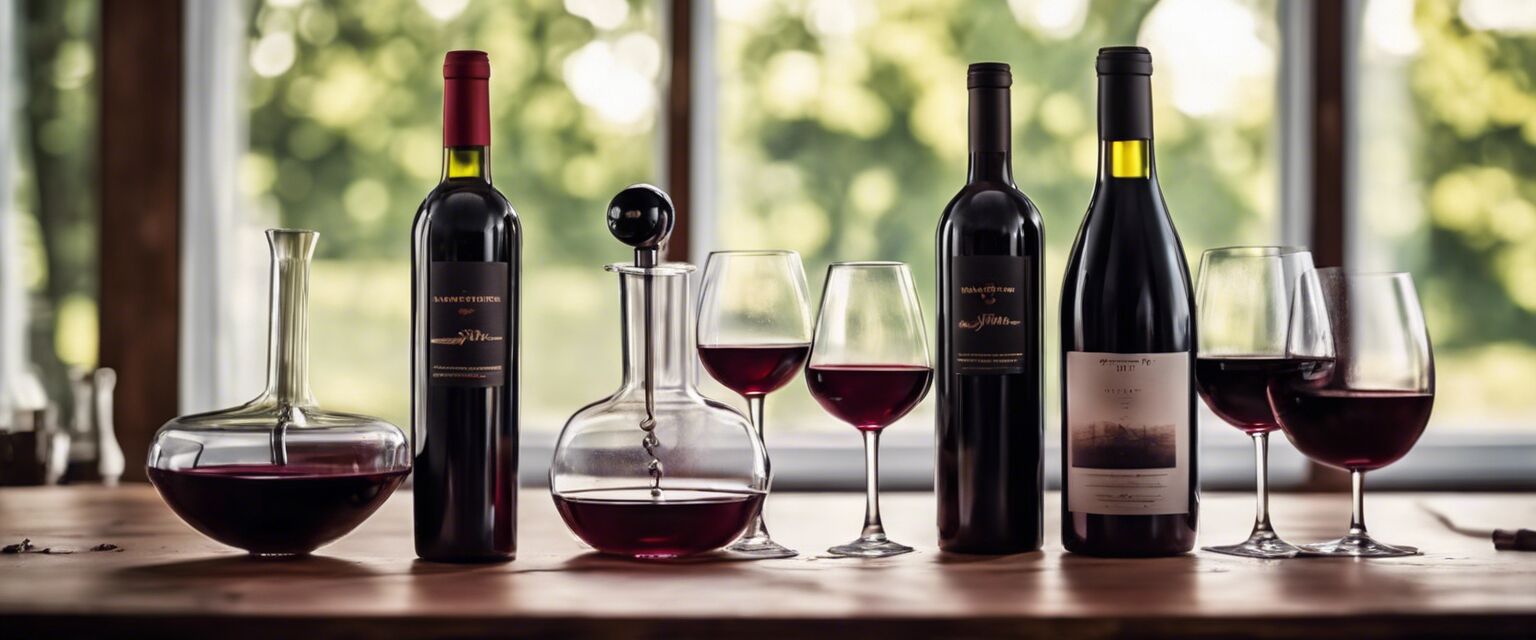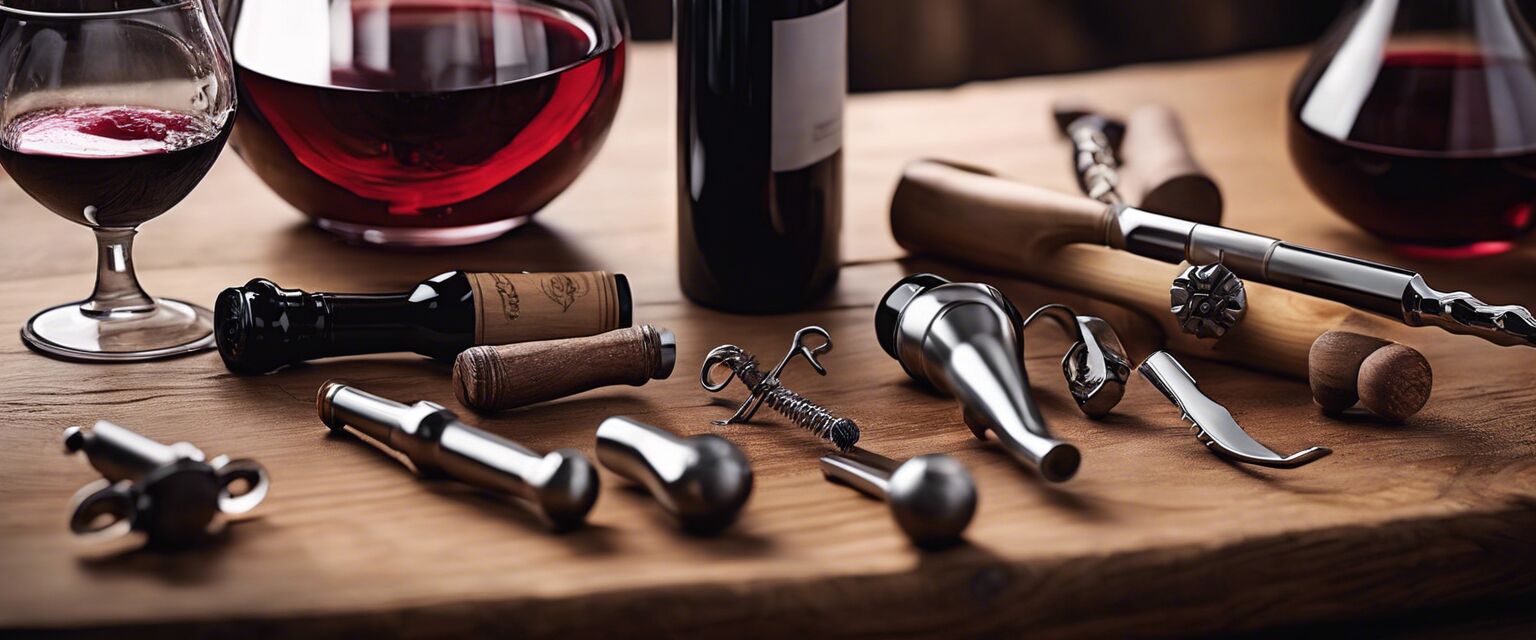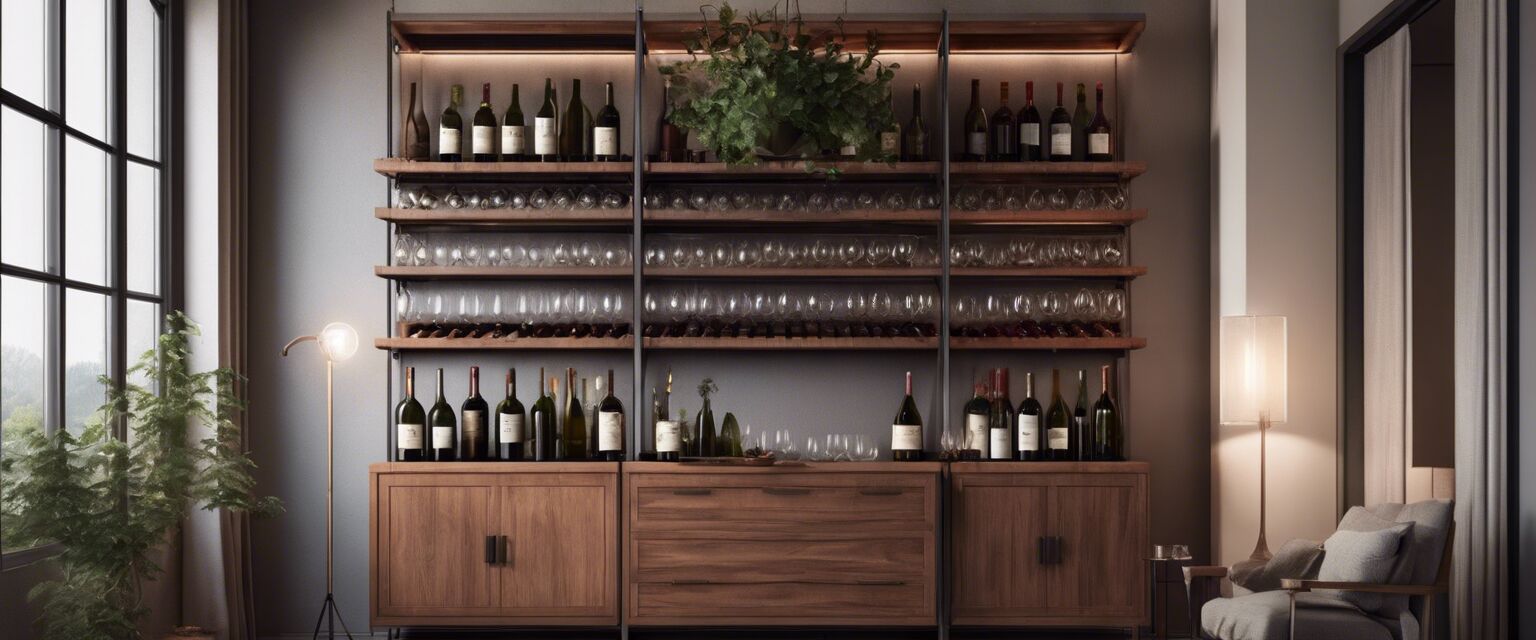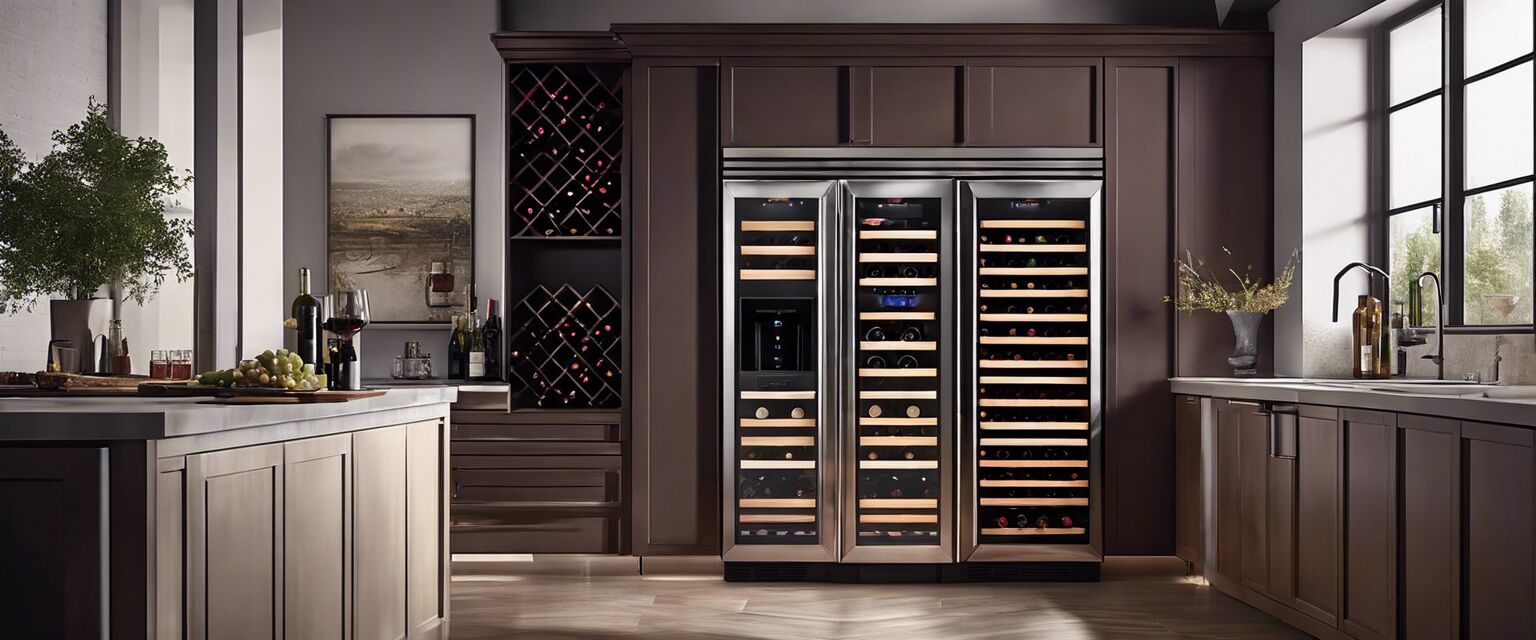
Wine Refrigerators
Discover the perfect wine refrigerator for your collection, ensuring that your bottles are stored at the optimal temperature. In this article, we will explore various types of wine refrigerators, their features, and what to consider when making a purchase.
Key takeaways
- Wine refrigerators come in various sizes and styles, catering to different needs.
- Consider the type of wine you primarily store when choosing a refrigerator.
- Look for features such as temperature control, humidity regulation, and UV protection.
- Evaluate the energy efficiency of the wine refrigerator to save on electricity bills.
- Ensure that the refrigerator fits well in your designated space.
What is a wine refrigerator?
A wine refrigerator, also known as a wine cooler, is a specialized appliance designed to store wine at the ideal temperature and humidity levels. Unlike a standard refrigerator, wine refrigerators maintain a consistent temperature and often feature adjustable shelves to accommodate various bottle sizes.
Types of wine refrigerators
When choosing a wine refrigerator, it's essential to understand the different types available. Here are the main categories:
| Type | Description | Best For |
|---|---|---|
| Single-zone | Maintains a single temperature for all wines. | Red or white wine enthusiasts. |
| Dual-zone | Features two separate temperature zones for different wine types. | Those who enjoy both red and white wines. |
| Built-in | Designed for seamless installation into cabinetry. | Homeowners with limited space. |
| Freestanding | Can be placed anywhere in your home. | Flexible wine collectors. |
Key features to consider
When shopping for a wine refrigerator, consider the following features:
- Temperature control: Look for precise temperature settings.
- Humidity control: Essential for preserving cork integrity.
- UV protection: Prevents harmful light from damaging wine.
- Storage capacity: Choose a size that fits your collection.
- Energy efficiency: Opt for models that consume less energy.
How to choose the right wine refrigerator
To select the best wine refrigerator for your needs, follow these steps:
- Determine your wine collection size.
- Decide on the wine types you will store.
- Measure the space where you plan to place the refrigerator.
- Research brands and read reviews.
- Compare prices and features before making a decision.
Popular wine refrigerator brands
While we won't recommend specific products, here are some popular brands to look out for:
- Whynter
- Danby
- EdgeStar
- NewAir
- Ivation
Common questions about wine refrigerators
What temperature should a wine refrigerator be set at?
Generally, red wines are best stored at around 55°F (13°C), while white wines should be kept at 45°F (7°C). A dual-zone refrigerator allows you to store both types at their ideal temperatures.
Can I store other beverages in a wine refrigerator?
While it is designed for wine, many people store beverages like beer or soda in their wine refrigerators. However, it's best to keep the primary focus on wine to maintain optimal conditions.
How do I maintain my wine refrigerator?
Keep the appliance clean, check the temperature settings regularly, and ensure proper ventilation around the unit. Additionally, avoid frequent opening of the door to maintain a stable internal environment.
Where to buy wine refrigerators
You can find wine refrigerators at major home appliance retailers, specialty wine stores, and online marketplaces. Compare prices and specifications before making a purchase.
Tips for beginners
- Start with a smaller unit if you're new to wine collecting.
- Invest in a good quality thermometer to monitor the temperature.
- Keep the wine bottles stored horizontally to maintain cork moisture.
- Avoid placing the refrigerator in direct sunlight or near heat sources.
- Join a local wine club to learn more about different wine types.
Conclusion
Investing in a wine refrigerator is essential for any wine enthusiast. With so many options available, understanding your needs and preferences will help you choose the best unit for your collection. Remember to consider size, features, and energy efficiency to ensure you find the perfect fit.
Pros
- Maintains optimal storage conditions for wine.
- Available in various sizes and styles.
- Enhances the overall wine drinking experience.
- Protects wine from temperature fluctuations.
- Can be a stylish addition to your home decor.
Cons
- Can be expensive.
- Some models can be noisy.
- Requires regular maintenance.
- Limited space for large collections.
- Potential for temperature inconsistency in cheaper models.

